Exploring Exciting Marketing Automation Jobs

Marketing automation jobs are reshaping the digital landscape, offering exciting opportunities for tech-savvy professionals. At Drop Cowboy, we’ve witnessed firsthand the growing demand for skilled individuals in this field.
From managers to specialists and developers, these roles require a unique blend of marketing acumen and technical expertise. Let’s explore some of the most sought-after positions in marketing automation and what it takes to succeed in this dynamic industry.
What Does a Marketing Automation Manager Do?
Orchestrating Multi-Channel Campaigns
Marketing Automation Managers design, implement, and optimize automated marketing campaigns. They use platforms like HubSpot, Marketo, or Pardot to create seamless customer journeys across email, social media, and web channels. A 2023 Salesforce study reveals that companies using marketing automation experience a 14.5% increase in sales productivity and a 12.2% reduction in marketing overhead.
Data-Driven Decision Making
These managers analyze campaign performance and customer behavior. They use this information to refine targeting, improve personalization, and boost overall marketing ROI. A survey by Ascend2 found that 67% of marketing leaders prioritize improving marketing measurement, underscoring the importance of data analysis in this role.
Cross-Functional Collaboration
Marketing Automation Managers work closely with sales teams, content creators, and IT departments to integrate marketing automation tools with existing systems. This collaborative approach is essential for success, as 86% of employees cite lack of collaboration as the main cause for workplace failures (according to a Salesforce report).
Required Skills and Qualifications
To excel in this role, professionals need a blend of technical and soft skills. Strong analytical abilities are essential, as is proficiency in marketing automation platforms. Many employers also look for experience with CRM systems and basic coding knowledge (HTML, CSS, SQL). Excellent communication and project management abilities round out the skill set.
Career Growth and Future Prospects
The future looks promising for Marketing Automation Managers. As businesses increasingly rely on data-driven marketing, demand for these professionals continues to rise. The U.S. Bureau of Labor Statistics projects a 10% growth rate for marketing managers through 2030 (faster than the average for all occupations).
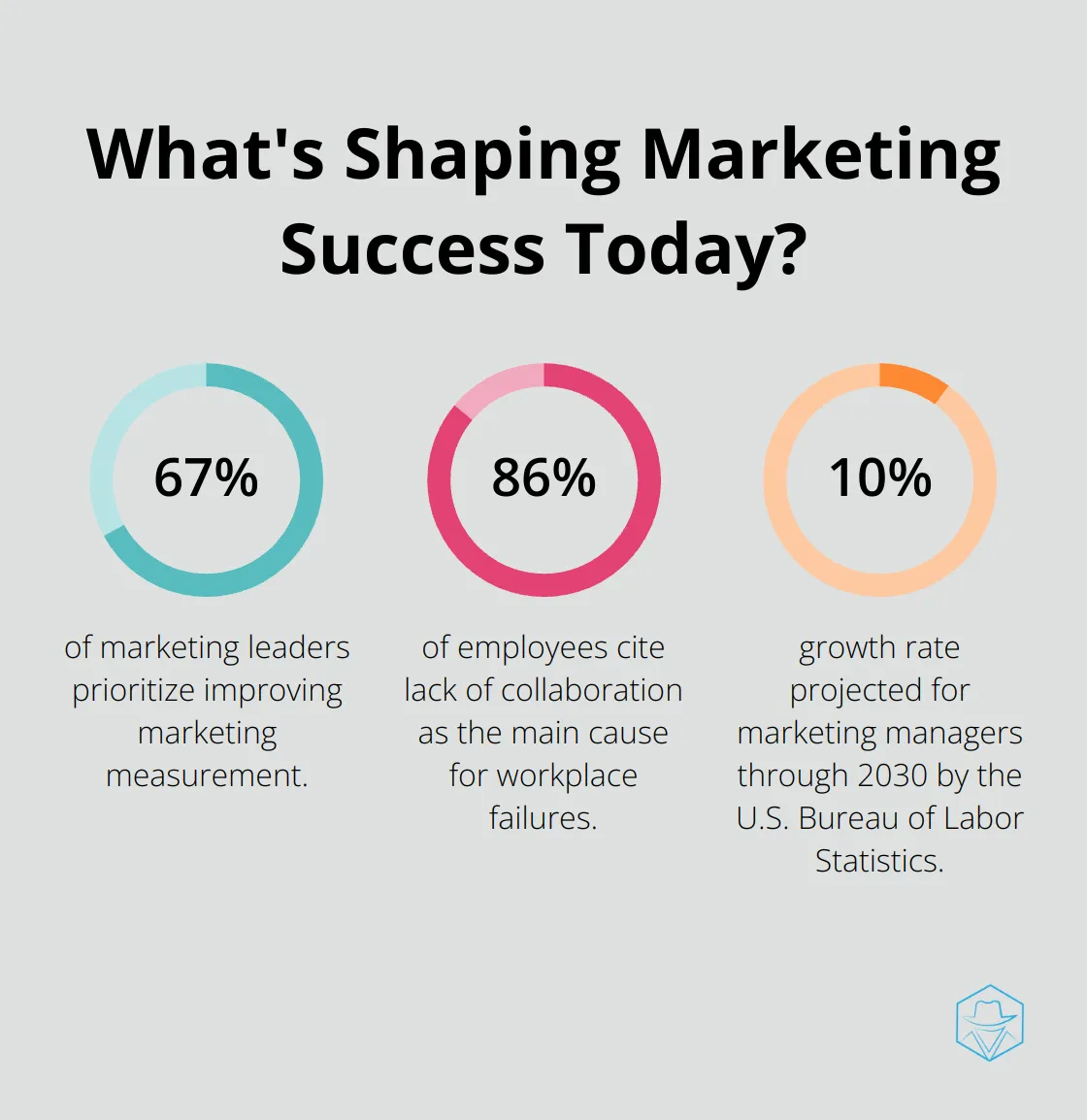
This role often serves as a stepping stone to higher positions like Director of Marketing or Chief Marketing Officer. With the right mix of skills and experience, Marketing Automation Managers can shape the future of digital marketing and drive significant business growth.
As we move from the managerial role, let’s explore the day-to-day responsibilities of a Marketing Automation Specialist, a position that focuses more on the tactical implementation of automation strategies.
Marketing Automation Specialist: The Engine Behind Successful Campaigns
Daily Tasks and Responsibilities
Marketing Automation Specialists power the success of digital marketing campaigns. These professionals execute a mix of technical tasks and creative problem-solving daily. They start by analyzing campaign performance metrics, identifying improvement areas, and making data-driven adjustments. A 2023 Marketo report reveals that companies excelling at lead nurturing produce 50% more sales-ready leads at 33% lower cost.
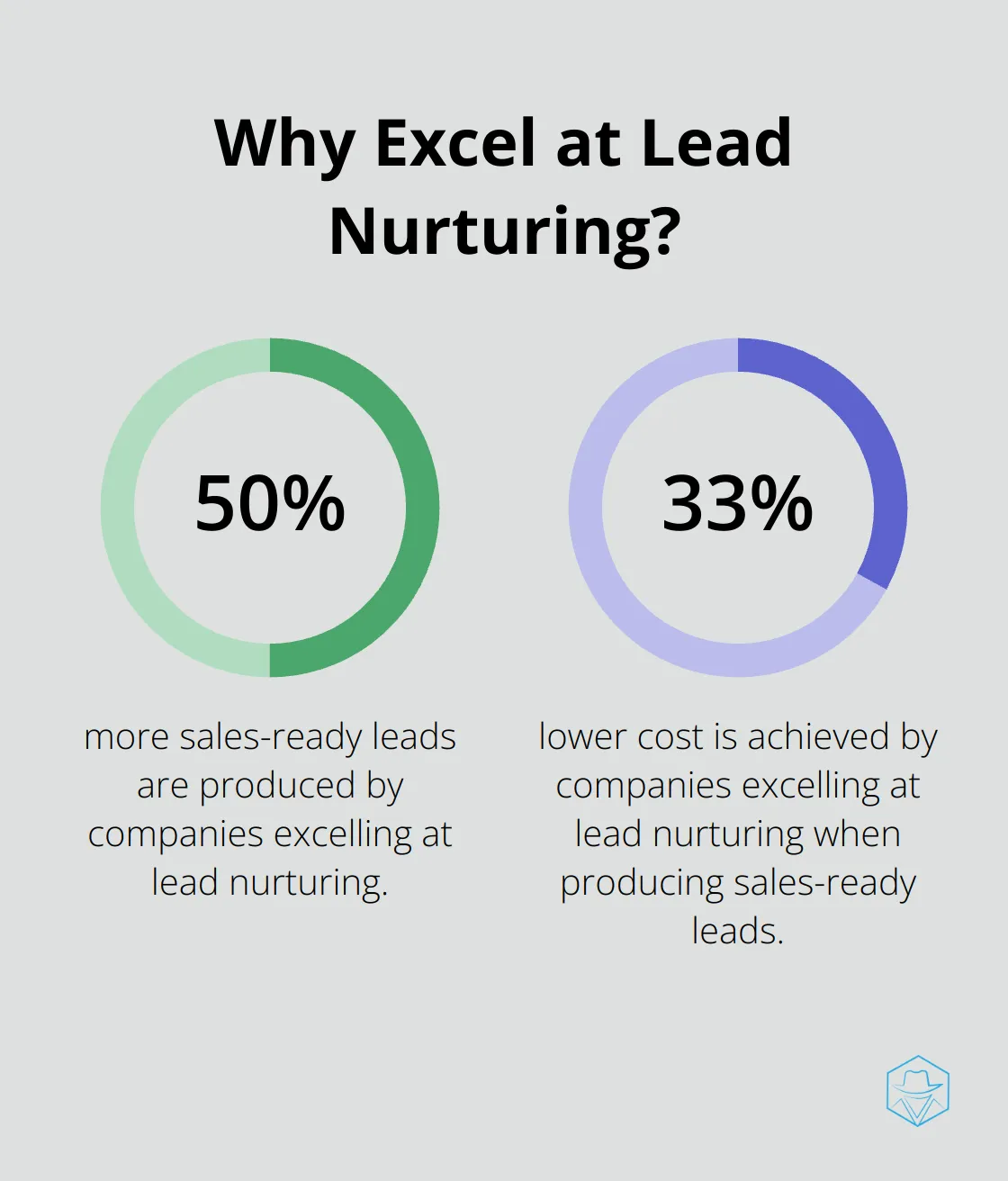
These specialists also set up and optimize email workflows, landing pages, and lead scoring models. They collaborate with content creators to ensure automated messages remain personalized and relevant. A study by Epsilon found that personalized emails yield 6x higher transaction rates (highlighting the importance of this aspect of the job).
Technical Expertise Required
Success in this role demands a solid foundation in marketing automation platforms. Proficiency in tools like HubSpot, Marketo, or Salesforce Marketing Cloud often serves as a prerequisite. However, the technical requirements extend beyond these platforms.
Marketing Automation Specialists must master data analysis and visualization tools to extract meaningful insights from campaign data. They need a working knowledge of HTML and CSS for email template customization and landing page optimization. SQL skills prove increasingly valuable for querying large datasets and integrating different marketing systems.
Industry Demand and Job Outlook
The demand for Marketing Automation Specialists continues to grow. LinkedIn listed marketing automation as one of the top 10 hard skills companies need most in 2024. This trend stems from the growing recognition of automation’s impact on marketing efficiency and ROI.
Salary ranges for these positions remain competitive, with the average annual salary in the United States hovering around $75,000 (according to data from Glassdoor). However, experienced specialists in high-demand markets can command significantly higher salaries.
Evolving Role and Future Trends
As businesses invest more in digital transformation, the role of Marketing Automation Specialist evolves. We observe an increased emphasis on AI and machine learning skills, as these technologies integrate more deeply into marketing automation platforms. Professionals who stay ahead of these trends will find themselves in high demand in the coming years.
Those looking to enter this field should gain hands-on experience with marketing automation tools. Many platforms offer free certifications, which can demonstrate expertise to potential employers. Additionally, developing a strong understanding of customer journey mapping and data analytics will set candidates apart in this competitive field.
As we shift our focus from the specialist role, let’s explore the world of Marketing Automation Developers – the technical wizards who build and maintain the complex systems that power automated marketing campaigns.
What Does a Marketing Automation Developer Do?
Programming Languages for Marketing Automation
Marketing Automation Developers must master multiple programming languages. Python excels in data analysis and automation scripting. JavaScript proves essential for front-end interactivity and custom integrations. SQL remains vital for managing and querying large marketing databases.
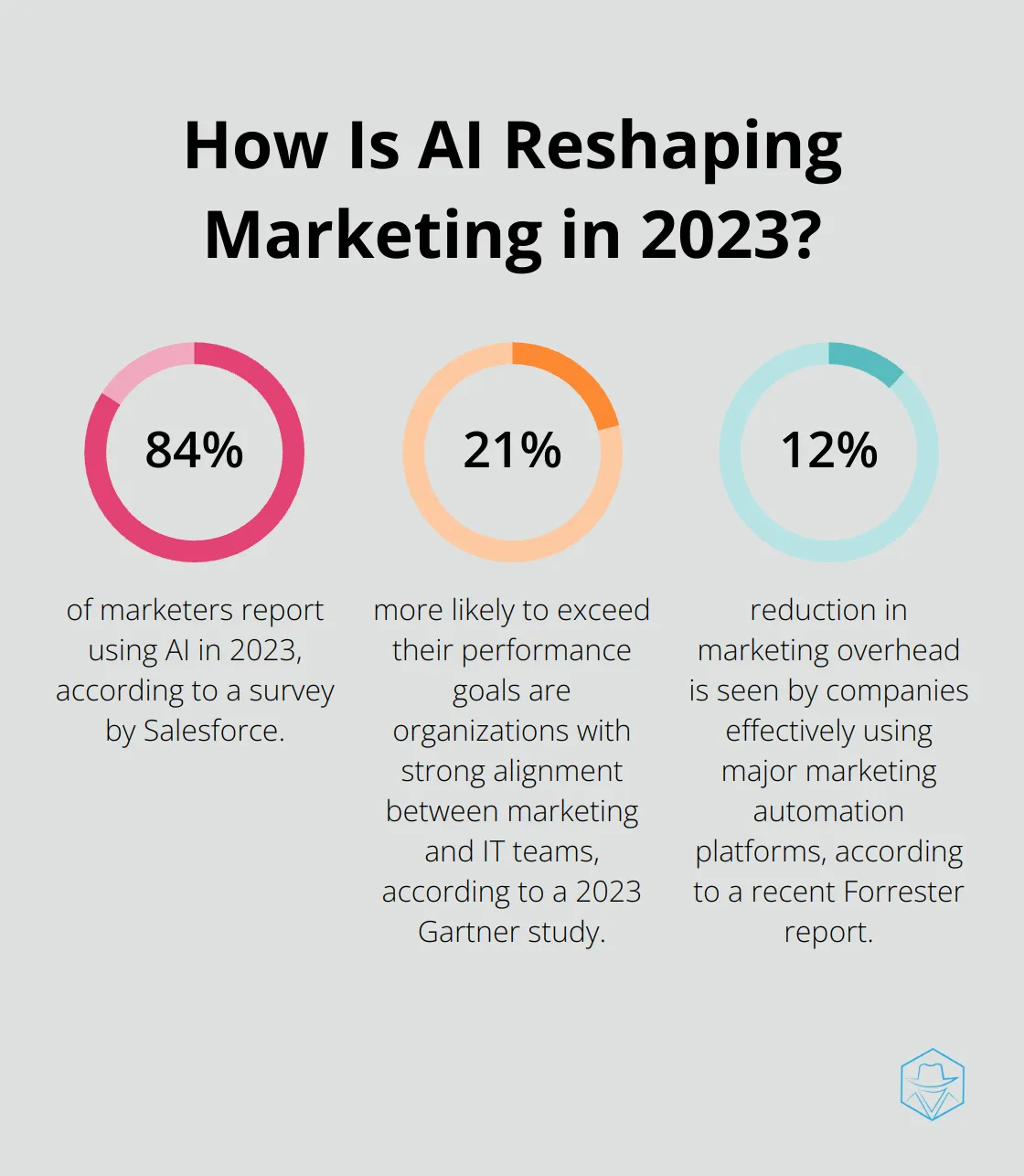
A 2023 Stack Overflow survey showed that 65% of developers in marketing technology use Python, while 78% use JavaScript. This multi-language proficiency enables developers to address various aspects of marketing automation, from data processing to user interface design.
Expertise in Marketing Automation Platforms
Proficiency in major marketing automation platforms is essential for developers in this field. HubSpot, Marketo, and Salesforce Marketing Cloud dominate the market, each with unique architecture and API. A recent Forrester report indicated that companies effectively using these platforms see a 14% increase in sales productivity and a 12% reduction in marketing overhead.
Developers must understand these platforms’ intricacies to build custom integrations, extend functionality, and solve issues. This expertise often involves working with RESTful APIs, webhooks, and platform-specific scripting languages.
Cross-Departmental Collaboration
Marketing Automation Developers serve as a link between marketing strategists, data analysts, and IT teams. This cross-functional collaboration translates marketing objectives into technical solutions.
A 2023 Gartner study found that organizations with strong alignment between marketing and IT teams are 21% more likely to exceed their performance goals. Developers in this role must possess excellent communication skills to explain complex technical concepts to non-technical stakeholders.
Data Analysis Skills
Data analysis skills are paramount for Marketing Automation Developers. They must extract insights from large datasets, often using tools like Google Analytics, Tableau, or custom SQL queries. These insights drive decision-making and help refine automation strategies.
A report by McKinsey & Company revealed that data-driven organizations are 23 times more likely to acquire customers and 6 times more likely to retain them. Marketing Automation Developers play a key role in this data-driven approach, building systems that capture, analyze, and act on customer data in real-time.
Emerging Technologies in Marketing Automation
The field of marketing automation evolves rapidly, with new technologies constantly emerging. Artificial Intelligence (AI) and Machine Learning (ML) integrate increasingly into marketing automation platforms. A 2023 survey by Salesforce found that 84% of marketers report using AI (up from 29% in 2018).
Marketing Automation Developers must stay current with these trends, continuously updating their skills to remain competitive. This might involve learning new programming languages, exploring AI frameworks, or experimenting with emerging marketing technologies.
Final Thoughts
Marketing automation jobs shape the future of digital marketing. These roles require a blend of technical skills and marketing acumen. Professionals who master AI, machine learning, and data analysis will find themselves in high demand as the industry evolves.
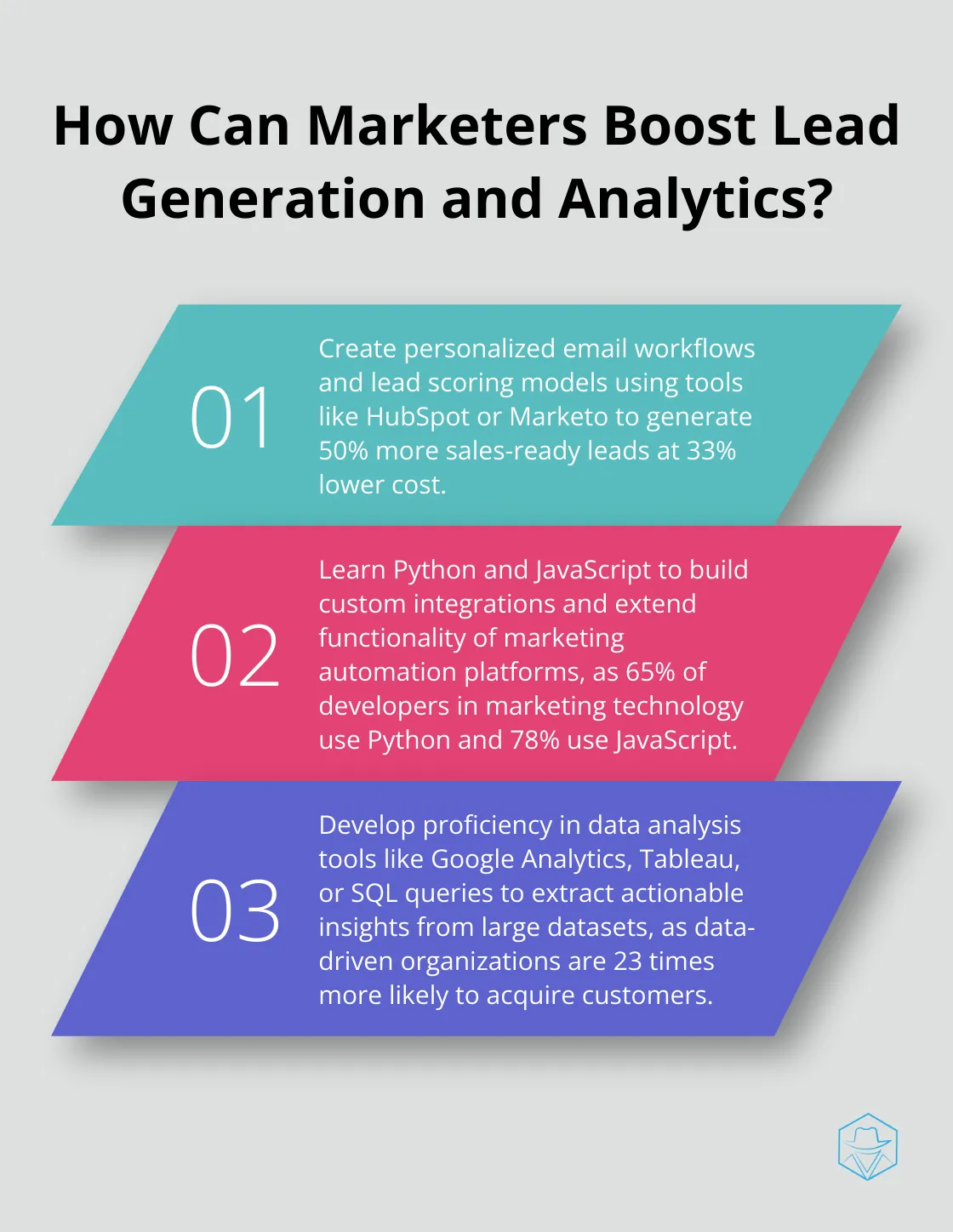
Continuous learning and networking prove essential for success in this field. Aspiring professionals should familiarize themselves with popular platforms and obtain relevant certifications. Attending industry events and engaging with thought leaders can open doors to exciting opportunities in marketing automation.
Drop Cowboy offers cutting-edge features for personalized, engaging campaigns. Our platform combines ringless voicemail, SMS integration, and AI-powered voice cloning to help businesses execute effective, data-driven marketing strategies. The field of marketing automation presents exciting prospects for those with the right skills and passion for innovation.
blog-dropcowboy-com
Related posts

March 28, 2025
Becoming a Successful Marketing Automation Strategist
Master tactics to become a successful marketing automation strategist and boost your campaigns with real-world insights and effective strategies.

April 17, 2025
Best Subscription Apps for Recurring Revenue on Shopify
Explore the best Shopify subscription apps to boost your recurring revenue and streamline operations for your online business success.

March 12, 2025
How to Create an Effective Marketing Automation Journey
Boost your business by creating an effective marketing automation journey. Streamline processes, engage customers, and drive growth effortlessly.
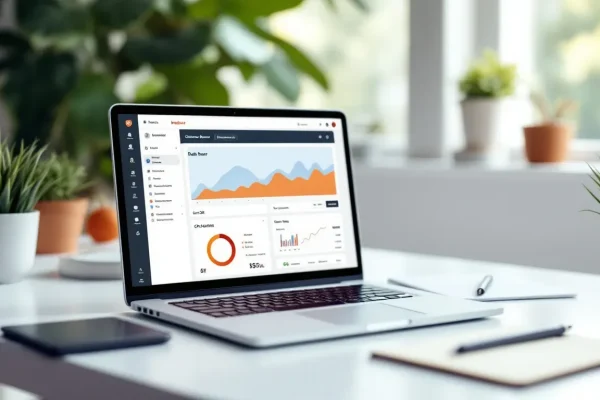
April 8, 2025
What Is HubSpot? A Comprehensive Guide
Discover what HubSpot is and how its marketing, sales, and service tools can boost your business. Learn key features and benefits.

April 21, 2025
How to Maximize ROI with Klaviyo Email Marketing
Boost ROI with Klaviyo email marketing by optimizing strategies, increasing engagement, and leveraging data-driven insights for better campaign performance.

April 14, 2025
Shopify Email Contact: Best Practices for Customer Support
Boost customer support with Shopify email contact best practices for happier, loyal clients while enhancing communication and response efficiency.